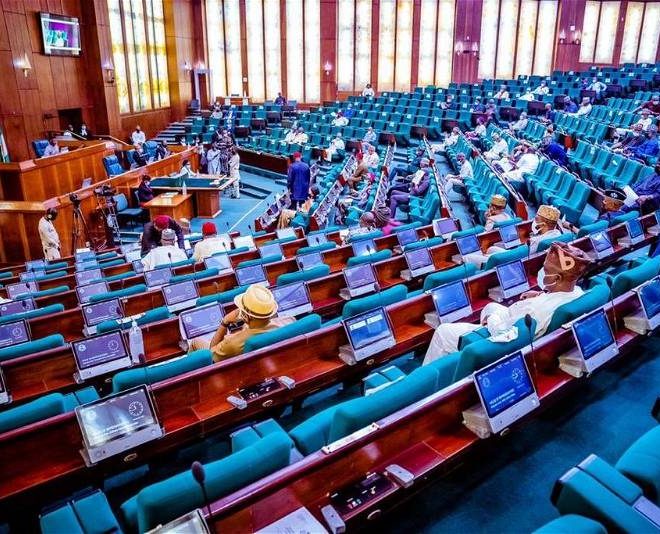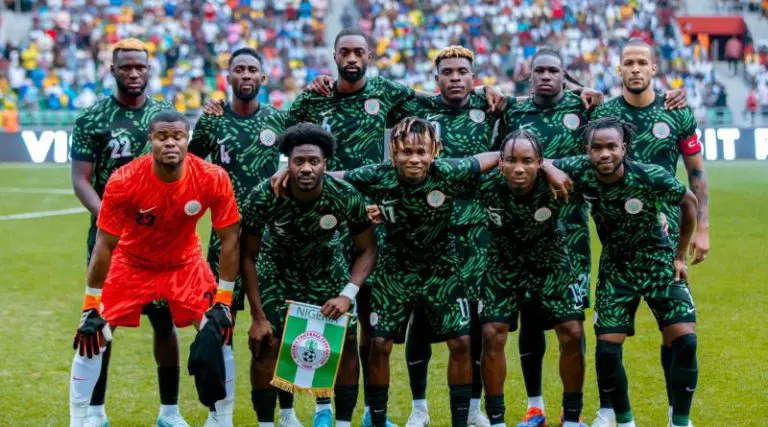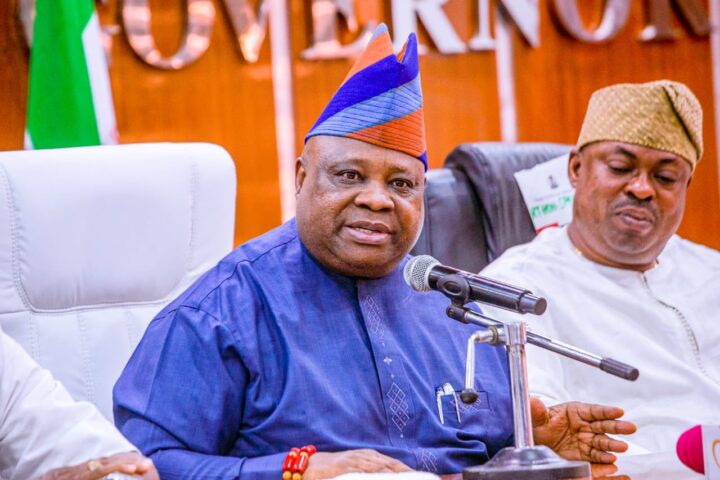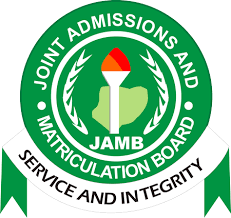
Two United States diplomats, Ambassador Mark Green, and Johnnie Carson have stated that even Nigerian citizens who supported the winners of the February 25 presidential and National Assembly elections in the country were disappointed with the electoral process. In a joint treatise, both envoys, who monitored the elections, insisted that critical lessons must be learned very fast from the shortcomings of the last polls by Nigerians and Africans, to forestall such flaws in the future.
Writing for the Washington-based President Woodrow Wilson Centre, a United States non-partisan policy forum for tackling global issues through independent research, Green and Carson noted that, among other issues, many polling stations opened late while poll workers reported material shortages.
While Green was administrator of the US Agency for International Development, Executive Director of the McCain Institute, US ambassador to Tanzania, and four-term House of Representatives member, Carson was ambassador to Nigeria and several other African countries.
The ambassadors recalled that on February 25, Nigeria held its presidential election with millions of Nigerians going to the polls for the opportunity to elect their new leader, but noted that the process was fraught with irregularities. The diplomats wrote, “At a time when the world is experiencing a democratic decline, Nigerians stood in line – sometimes for hours – for the chance to have their voices heard.
“Unfortunately, the National Democratic Institute/International Republican Institute Election Observation Mission – for which we were both observers – declared that this election ‘fell short of Nigerian citizens’ reasonable expectations.’
“Citizens were disappointed with the electoral process, including those who supported the candidates who were declared winners. Among other issues, many polling stations opened late, and poll workers reported material shortages.
“Overall, as the IRI/NDI joint mission found, Nigeria’s Independent National Electoral Commission (INEC) failed to live up to the high expectations it had created for itself.”
They recalled that three days after Election Day, the candidate of ruling All Progressives Congress (APC), Bola Tinubu, was declared president-elect. They stressed that the main opposition parties had now gone to court to challenge the results.
According to the envoys, there is a lot of evidence that Africans prefer democratic systems of government to other forms. They explained that in addition, Africans also wanted accountable governance.
The diplomats contended that even with improvements over the last decade, governance overall had struggled, “flatlining” across the continent since 2019, a worrying development since it can affect African Union’s Agenda 2063 goals.
According to the duo, success for democracy in Nigeria – the biggest economy and largest democracy on the continent – has the potential to inspire democracy in neighboring countries and across the continent, as Nigeria is one of the most influential countries in Africa – and the world.
While much of the world’s attention is “understandably” taken up by headline-grabbing events, such as the Russia/Ukraine conflict and earthquakes in Turkey and Syria, Green and Carson argued that the world could not afford to ignore happenings in Nigeria.
They stated, “However, the international community cannot afford to overlook elections – and importantly, democracy – across Africa this year. Case in point, Nigeria: Africa’s most populous country and one of the world’s largest democracies.
“With projections to become the world’s third most populous country by 2050, it is imperative that a solidified democratic system is established to effectively support the people’s needs and promote progress throughout the continent.
“US foreign policy toward Nigeria should focus on proactively strengthening democracy and governance. To help reach this goal, our direct engagement with African leaders and citizens is important – not because we have it perfectly figured out but because we know that democracies build better futures.”
The ambassadors noted that US policy toward Nigeria should consistently advocate strong civil society involvement.







